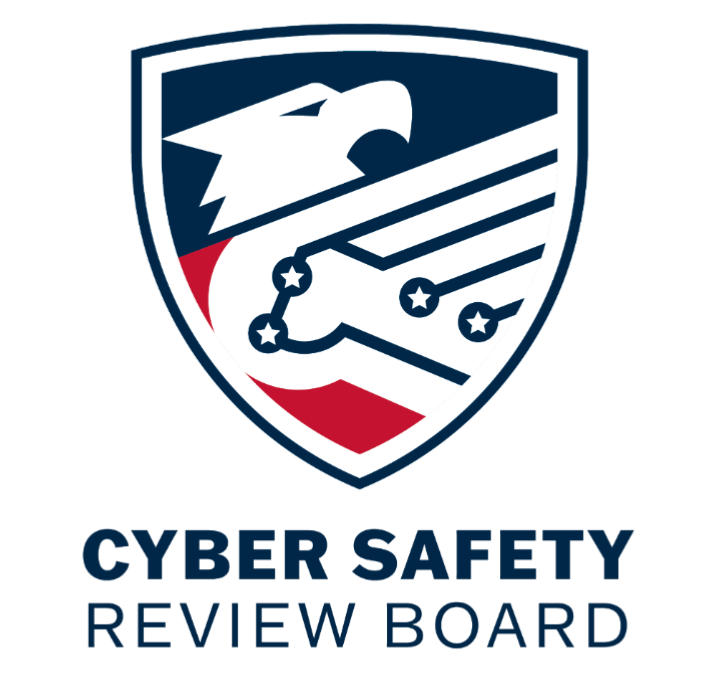Trump Kicks Members Off of the Cyber Safety Review Board, Salt Typhoon Probe Jeopardized
Trump pardoned Ulbricht, Cloudflare stopped largest DDoS attack, New Mirai botnet targets AVTECH cameras & Huawei routers, Teen found Cloudflare flaw exposing chat app users locales, Gov't contractor Conduent hit by cyberattack, Ransomware attacks use vishing via Office 365, much more





